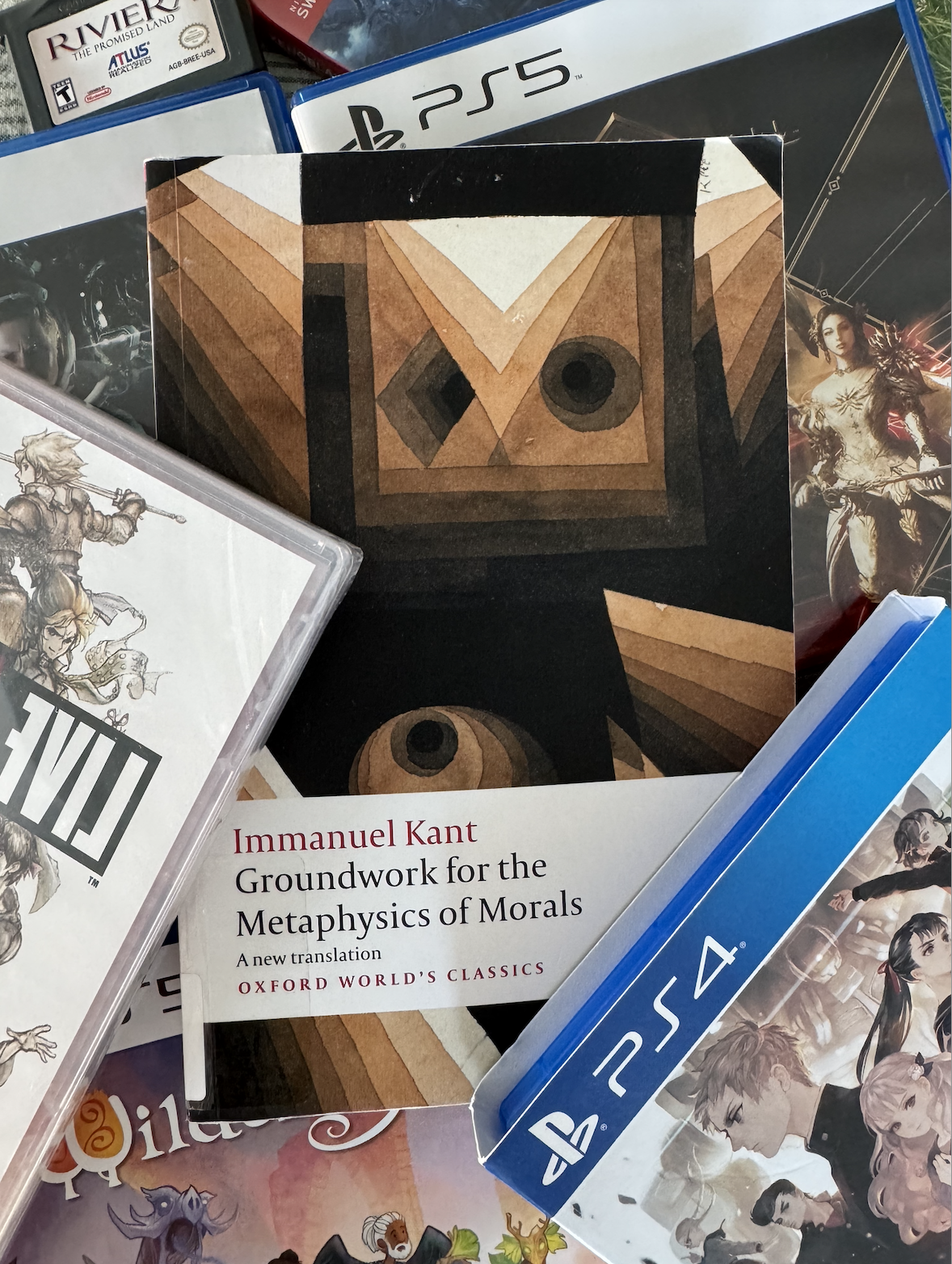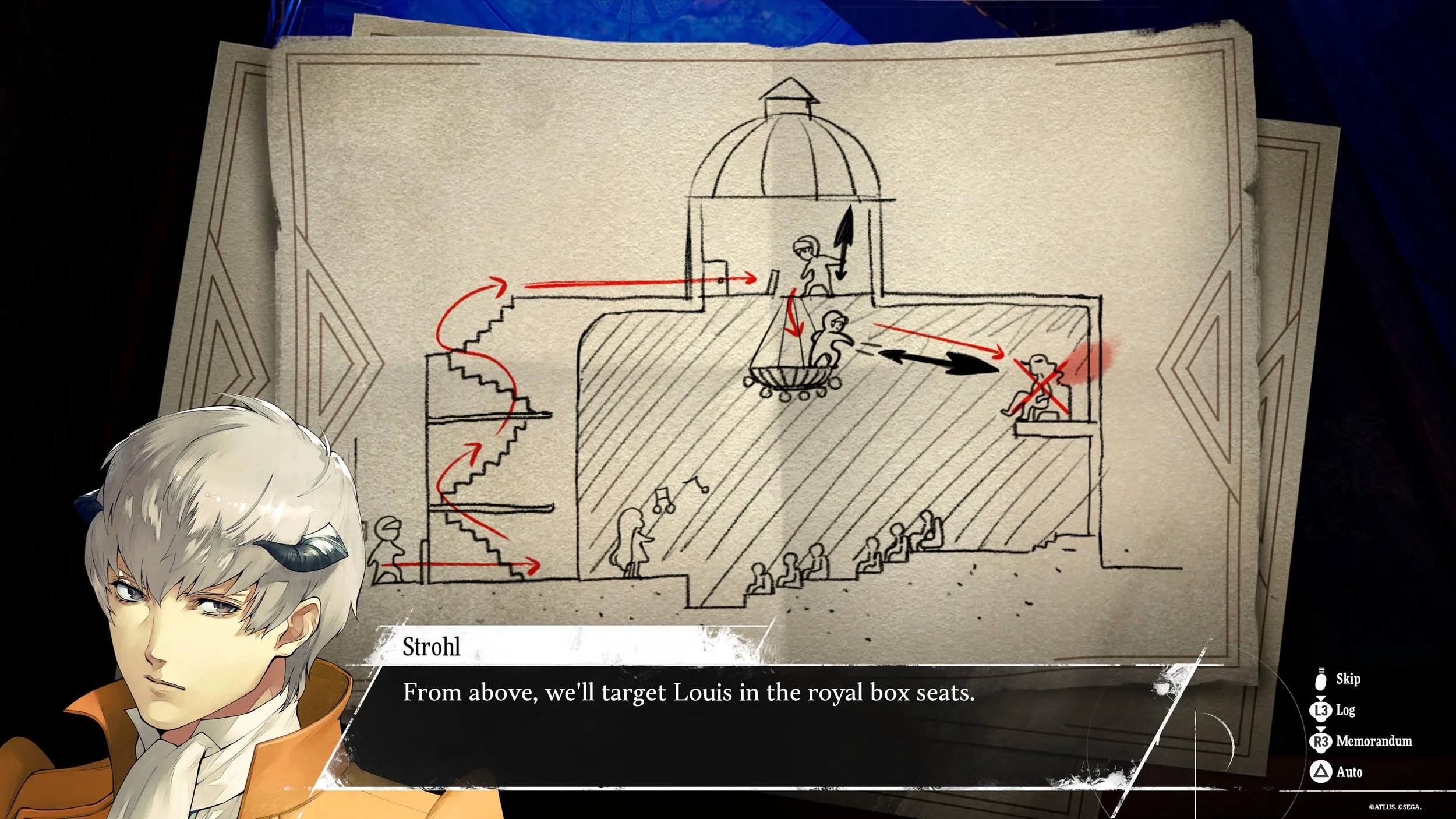Creating quests where the player must “do the right thing” for the little fictional people they meet usually ends up rewarding the the most, or best, stuff. Players are continuously materially rewarded for being “nice,” so they aren’t actually choosing morality as Kant sees it, simply being good little piggies snuffling up treats in the most efficient way possible.
Read MoreFinding stuff is cool, but looking for stuff is even more cool.
What I like about video games is how truly unexpected an experience they can be, either from the lucky confluence of hundreds of preprogrammed systems all bashing together in unique ways, or from the intended oddness of what is still, in parts, a a pretty niche medium.
Read MoreI put forth to you the theory that Millennial nostalgia won’t be for Rosebud or Winnie Cooper but web rings and Geocities.
Read MoreTo translate why a game is relevant to a broader theory or concept, you often have to break down more than its theming or do more than simply gloss the plot–the actual way a player interacts within the system has to be dissected. The language around this critique has yet to be fully standardized as there are no bedrock principles that stem full from game design, discussion, or dissection. Critical theory around video games still relies heavily on the concepts and conceits built in other media theories, so having an author that is experienced in film and film studies adds contrast. Powerfully, knowing film theory well means there is never an attempt to stuff the particularly oblique angles of video games into how people already talk about film—video games are given their due, are treated as unique artifacts rather than simply “movies where you can move.” The singular best part about The World is Born is that it never approaches the format of video games ready to wield the tools of another academic discipline.
Read MoreThis is a structural flaw in open world games—linearly constrained quests trigger once you get to a certain location—and it is more apparent after something like Zelda:BotW or even BG3 where the stories feel more integrated into the exploration and less like a little chute you start sliding down once you get to a geofenced “quest zone”. I don’t much feel like I’m roleplaying so much as I’ve crafted a really fun character who I then get to steer through some Call of Duty levels with a random assortment of skills and weapons.
Read MoreThe standard distinction between Roguelike and Roguelite is that a Roguelite retains some sort of incremental in-game character growth (perhaps if you make it to a certain point in the game, a shortcut unlocks so you can “start” your run without completing the simple opening areas–think Mario 1 warp zones). Roguelikes are, like Rogue, games wherein each time you start it is functionally like the first time you ever played: no retained items; no character skill-growth; no item-pool unlocks; no bonus monies. Attempt one hundred is the same as attempt one.
Read MoreI do not know what it would be to read Gamelife without also having lived a life of meaningful games. Childhood is long, we have all shed potential lives that didn’t quite fit. Games fit me. The life I settled on, the one that Gamelife rips into the open air, is Secret of Mana: The way it felt to pull the rusty sword out of the stump; to be exiled from your village; to find the seeds; to revive the Mana tree. It was not the first game I loved, but it was the first game that no one else at school talked about or cared about. The first game that was just mine.
Gamelife puts you back there, if there exists as a place for you to return. Who can say what unsummoned memory might pierce you if Secret of Mana was instead filled with football practices or piano lessons? Game memories flood back not as diversion or waste but as hobby, habit, real experience. Your limited time on earth was spent non-frivolously, seeing and touching and being other than you.
My character was a half-elf wild-magic sorcerer, and the first things he tried in any given scenario were the intellect-based skills of a wizard—arcana; history—even though he stunk at them. I had him functionally want to be a calm, studied wizard, jealous of their supposed composure, and it was fun to have the game seem to play along. He occasionally got to sass a wizard with a labeled “sorcerer only” line like, “I thought wizards were supposed to be smart?” Coming from him, that line had more jealous melancholia than snark.
Read MoreBeing able to point to a specific year or hardware generation as the moment that the world was flooded with more videogames than someone could play in their lifetime matters less than the fact that is has happened. This embarrassment of riches is a cultural shift, throwing everyone into a library to rival Borges. What videogames one played used to be left to random draw, accessed by rental stores and holiday gifts. Now, each individual has near-perfect control in deciding what videogames will shape their understanding of the medium—the problem is one of filtering, a glut of noise that must be parsed to find worthwhile experiences that has infected most of our cultural forms. For videogames, with their ascendant cultural capital and large required time investment, figuring out what to play is crucial. That is why videogames need a canon for players, a common and easily accessible point of entry that gives basic literacy upon which to build. Being “widely read” is no longer a reasonable option.
Read More








